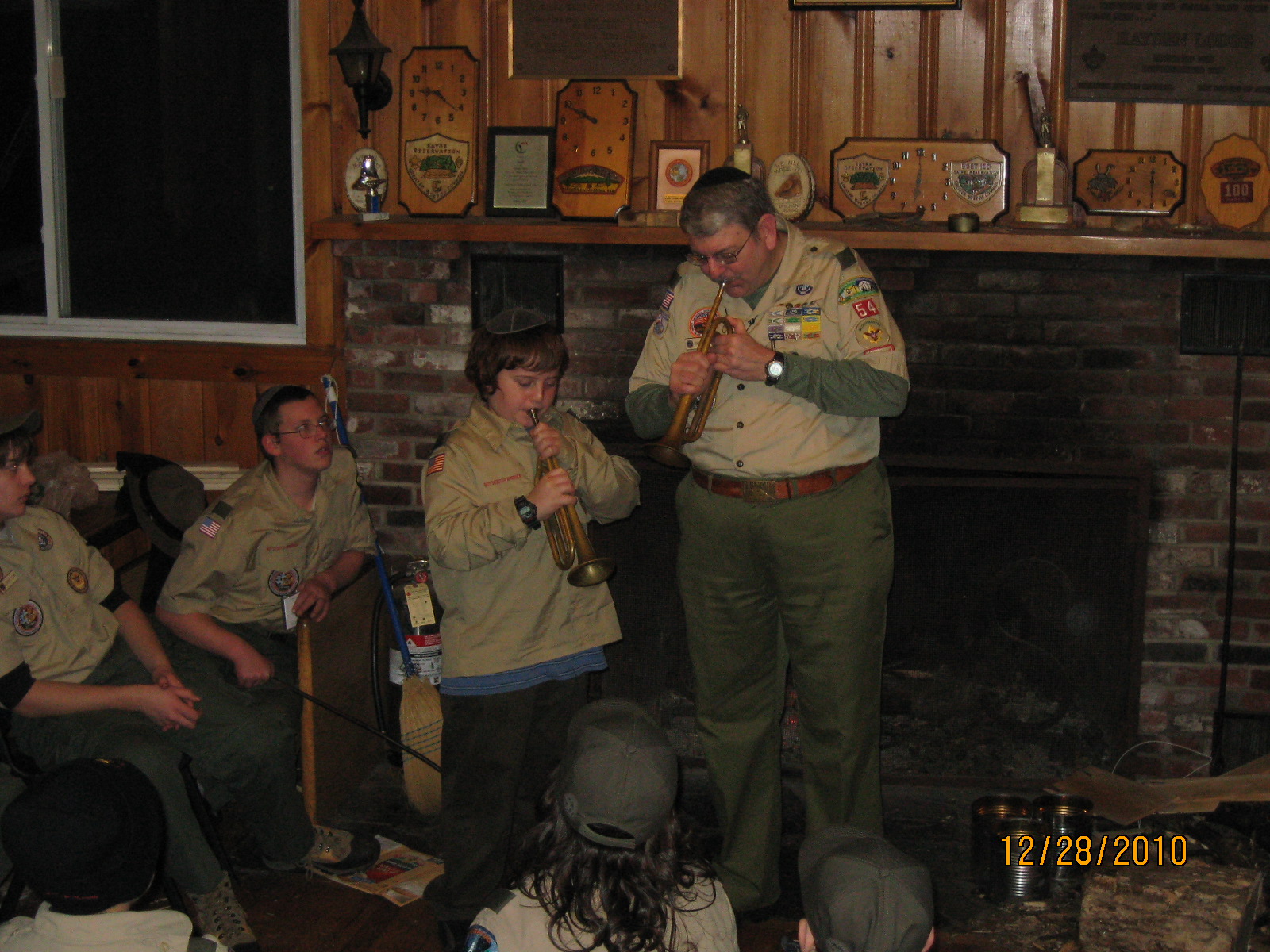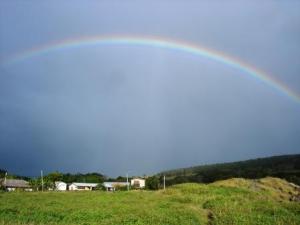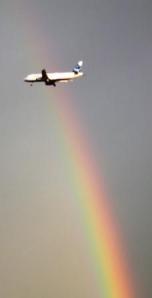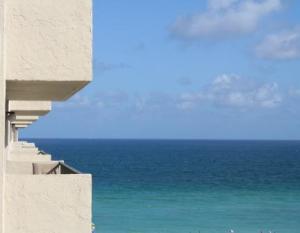We spent Shabbat in Norfolk, Virginia, which has a thriving Jewish community. We’ll write more about the Jewish communities around the area, over the next couple weeks as we stay here and visit them. What was amazing to me was running into an old friend from Boy Scouts. We were part of the same Shabbat and kosher-observant Boy Scout troop out of Sharon, Massachusetts. I overheard his name and recognized it immediately. I knew his whole family well from all the scouting activities we did. It has been probably twelve years since we last saw each other. We spoke Shabbat afternoon about the good old Jewish scouting days. I remembered how when I lost my kippah at camp his mother had an extra one from his brother’s Bar Mitzvah, which she gave me. We spoke about the Ponderosa camp, where we would each get our own horse for the week. We had to clean it, feed it, and ride it. Those were some fun old days.
By the nature of traveling around the world I’m often bumping into long-lost friends. There is actually a special beracha/blessing that one makes one seeing a friend for the first time. One makes a berach, blessing when seeing a friend for the first time in 30 days.
Baruch Ata Adonai, Eloheinu Melech HaOlam, shechechianu, v’ki’manu, v’higi’anu lazman hazeh.
This means: Blessed are You, Adonai Our God, Ruler of the Universe, Who has kept us alive, sustained us, and brought us to this time.
There is also a blessing which is made if one has not seen the friend in over one year. This blessing traselates as thanking G-d who revives the dead: “Baruch Ata Adonai, Eloheinu Melech HaOlam, mehayeh hameitim.”
One must also have had no communication with the person during the thirty days or the year in order to make the beracha. Making these blessings does not seem to be well-practiced today. Perhaps this is because we live in different times where it is really not so amazing to see someone again after a year. People travel all the time. People go on a Sabbatical or away to school and come back after a year. It’s normal. But in the old days when someone would set out on a journey by land or by sea it was very possible that you may never meet again. Children would leave their parents to go to a far-off country knowing they may never see each other again, and therefore the beracha of ‘one who revives the dead,’ makes sense to say, as with the blessing of ‘shechachianu’ said after thirty days. Imagine if you were traveling by horse and carriage across the US a few hundred years go. When you’d come back and meet a friend it would be a special event. But now if you fly from New York for a holiday in Florida or the other way round, thirty days passing is nothing special.
Some hold that you should say the blessing without G-d’s name, which is what I like to do.
Here is a write-up about my Eagle Scout Court of honour that took place in a Synagogue, one of the special memories I share with my friend I met this Shabbos.
Read More











